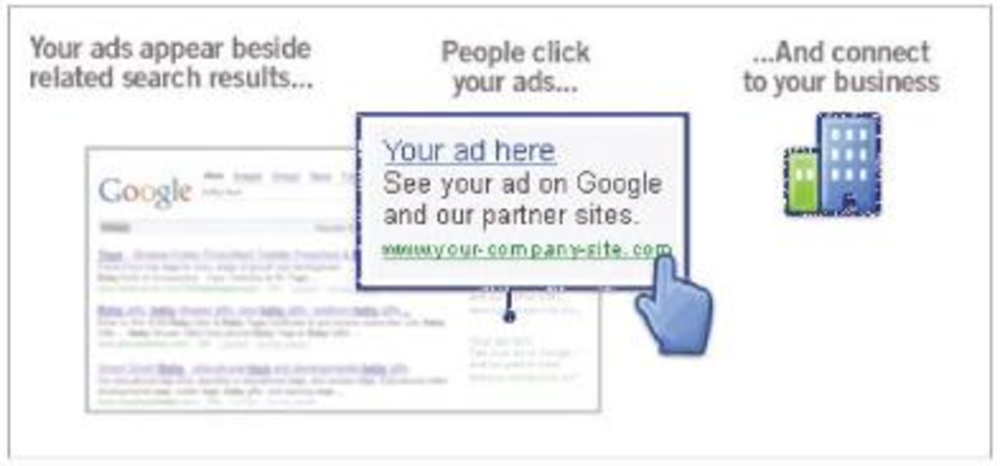Citing the goal of improving users’ online experience, Google announced earlier this month that it will soon start incorporating landing page load time as a factor in its quality score for AdWords.
Google’s quality score influences an ad’s position on Google and the Google network. It’s also used to calculate a keyword’s minimum bid.
Although search marketers generally agree that the algorithm change will benefit users, it could also have a real impact on some sites’ quality scores, resulting in increased cost per clicks (CPC) for high-traffic campaigns.
“From the perspective of a search engine marketer, a media buying company or a traditionally interactive agency, there are definitely some questions about how this change will affect performance and pricing,” says Price Glomski, account director and integration strategist for Range Online Media.
For advertisers who use iFrame or who have busy Flash-based sites and use a lot of heavy code on their pages, the change might be an issue, he continues.
“This poses a challenge for marketers who have in many cases come to rely on rich media on landing pages,” says Kevin Lee, executive chairman of Didit, agreeing with Glomski’s assessment.
The change may also negatively affect sites that use third party or redirection technologies to track revenue and different keyword metrics for their brand, Glomski adds. Overall, he says, if CPC prices are inflated, then the consumer experience actually falters because that advertiser cannot afford to be in the marketplace anymore.
Although Google declined to comment on how much the algorithm change could cost advertisers, Glomski estimates that CPC costs could increase as much as 5% for some.
Despite the potential impact on advertisers, it is hard to argue that a slow load time is a good thing, according to Matt Greitzer, VP and global discipline lead of search marketing with the New York office of Avenue A/Razorfish. He says that people will come to a site and leave if the landing page is too slow. In contrast, quicker loading landing pages are more likely to take prospects further into the conversion process.
“We’ve been telling clients that they need to do this from day one. If you have slow landing pages you are going to lose a lot of prospects,” Greitzer says.
Google says that it will notify marketers that it discovers are on the “poor side” of its requirements.
“Obviously, if we notice any difficulties for any of our clients, we are going to make changes to accommodate that,” Greitzer continues.
Lee agrees with Greitzer’s assessment. Overall, he says, the change will benefit both marketers and Internet users, and reduced load times may actually improve conversion.
“As marketers, our objective is to engage the consumer and move them closer to a sale or lead,” he says. Also, he continues, marketers should take Google’s move as a call to action to reevaluate their sites’ usability at every level.
Clay Bavor, product manager at Google, says in an e-mail interview that the algorithm change will take place in “about a month.” Until then, Google has asked publishers to review their sites and make necessary adjustments. News of the change will be posted on the Inside AdWords blog.








